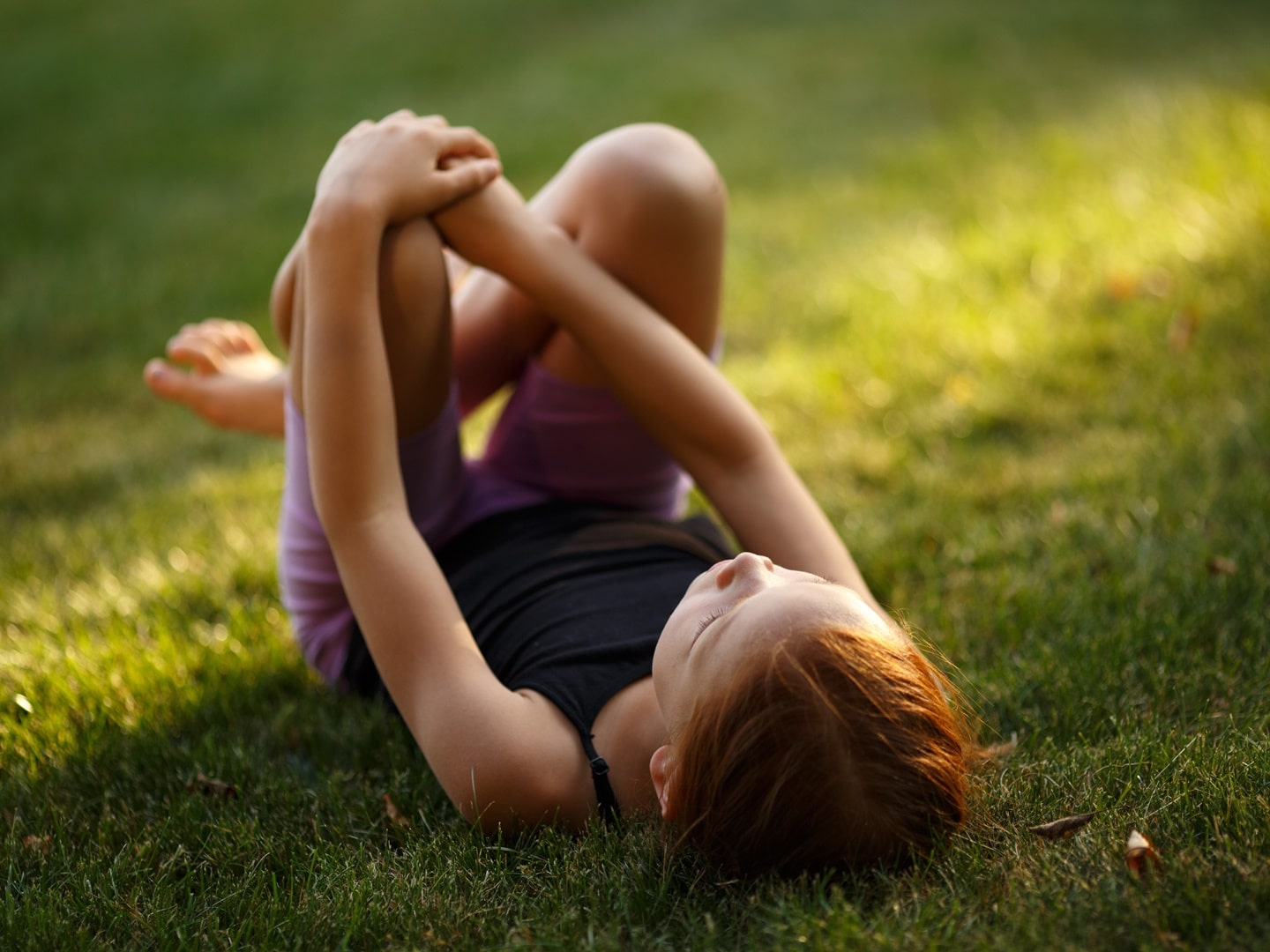The recuperative impact of nature on children’s wellbeing is increasingly understood and valued by experts and health professionals.
Poets have been writing about the restorative properties of nature for eons – how immersing one’s self in the natural world is critical for both intellectual and physical development; that it connects people socially and spiritually, and nurtures a love for mankind. Wordsworth, Coleridge, Blake and The Romantics believed that children, by virtue of their innocence, had a special affinity with nature. Of course, we can’t make policy decisions based on poetry, which is why, in today’s modern world, we have hard stats and facts to inform our opinions – and substantiate the classics as a side note.

The recuperative impact of nature on children’s wellbeing is increasingly understood and valued by experts and health professionals, and is supported by many recent studies, including The People and Nature Survey for England: Children’s Survey and UCL’s Nature Nurture’s Children report. Spurred on by three national lockdowns and the negative impact of isolation on mental health, there is a great deal of effort being put into confirming and acting on the positive role of nature in supporting children’s health and happiness.
According Natural England’s survey, eight in ten (83%) children interviewed agreed that being in nature made them very happy. This research initiative was commissioned in an effort to understand the perspective of children and young people relating to nature during Covid-19. Other key findings include:
- Covid-19 has had an impact on children’s mental health and well-being, with half (48%) of children interviewed reporting that being worried about catching and spreading Covid-19 had stopped them from spending more time outside.
- Six in ten children (60%) reported to have spent less time outdoors since the start of the pandemic, more than double the proportion that had spent more time outside (25%).
- 81% of children stated that they had spent less time outside with friends. 70% of children said that in the future, when things start to get back to normal, they want to spend more time outdoors with friends, and 44% reported wanting more time outdoors at school.
- Children’s access to nature during Covid-19 varied across the population. For example, 71% of children from ethnic minority backgrounds reported spending less time outside since Covid-19, compared with 57% of white children. Three-quarters (73%) of children from households with annual income below £17,000 spent less time outdoors, compared with 57% from households with an annual income above £17,000.
What children most liked about spending time outside during coronavirus was: having a quiet/ relaxing time, being able to exercise and having fun playing.
In the latter research, the UCL research team studied children participating in outdoor activities with their local Wildlife Trust, ranging from a single activity, to a series of activities over the course of several weeks. Some key findings were:
- Children showed an overall increase in their personal wellbeing and health, with the greatest improvement being in those who initially reported low levels.
- Children showed an overall increase in nature connection over time.
- Children demonstrated high enjoyment levels, and were motivated and engaged.
- Children showed an overall increase in pro-environmental values. These values were expressed as support for the protection of plants, animals and the environment, recycling, and reduction in energy and water use. Increases were highest for children with the lowest initial levels of wellbeing, nature connection, and pro-environmental values.
Being in nature also positively affected children’s work and relationships at school:
- 79% felt that the experience could help their school work.
- 79% thought that they had better relationships with their classmates.
- 79% felt more confident in themselves.
- 81% thought that they had better relationships with their teachers.
In our Kids Matter parenting programme we encourage mums, dads and carers to spend time outside with their children – playing, picnicking and having fun – because not only will it strengthen parent-child relationships but it is important for mental health and well-being (as the aforementioned research suggests). However, the reality is that for families facing disadvantages (who won’t have a garden to escape to for some quick R&R), a trip to a local park or playground requires more effort and planning, and sometimes parents and carers might not have the physical and mental stamina to get themselves and their children out of the house – because there is so much else to worry about.
One of the ways we hope to inspire parents to get out into the natural world, allowing themselves and their children time to breathe (literally and figuratively), is through the building of community. Our parenting groups equip mums, dads and carers with competence, confidence and community enabling their children to thrive. Through mutual sharing and conversation parents quickly recognise that they are not isolated in their challenges. This simple realisation has the ability to make a massive difference in the lives of families. The sense of not being alone encourages person-to person connection and friendship… along with a genuine desire to participate in life as part of a community. Life becomes ‘together’ rather than ‘alone’ and the energy it takes to get out becomes a pleasure rather than a chore.
Spending time in community and in nature will not eliminate poverty or dispel worry but it will make life’s challenges more manageable, and the benefit to child well-being is significant.
Kids Matter is a programme that engages with families and young children before crisis point – it strengthens families by giving mums and dads the tools to be competent, confident parents or caregivers. To get involved, as a volunteer or by financially supporting our programme, please contact us at info@kidsmatter.org.uk.